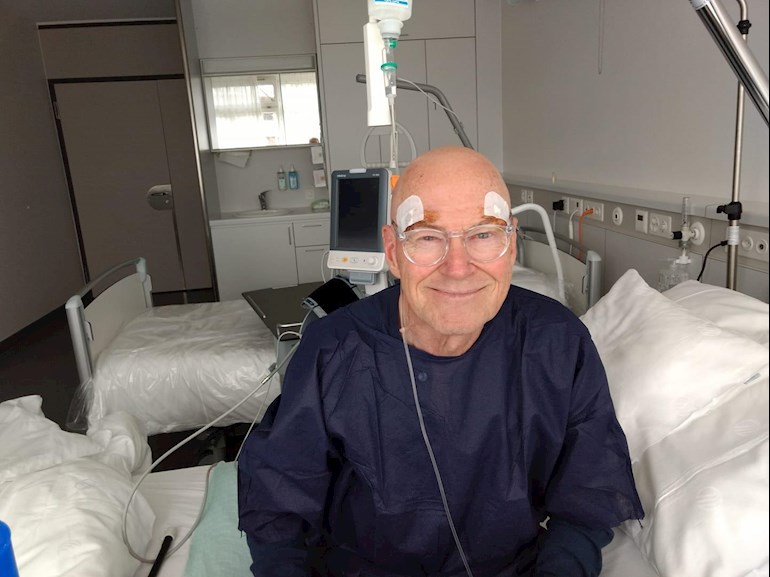December 9, 2020
Lena will not be fielding questions. She is recovering in the hospital.
Previously, some who have had this procedure feel they have been criticized. Brain surgery is a tough and very personal decision. If you are not supportive of her decision, please do not comment on this thread.
Lena has allowed me to post this because we feel it may benefit other PWP
"I made it through surgery this morning and now resting comfortably in the hospital. I had six brain sonifications . After the first my tremor and rigidity quieted. By the third it was mostly gone . I would say my body is about 90% symptom free! I expect some ups and downs over the next few months and maybe even over the next year. My right is now better than my left.
My left improved as well as my right
.My pills do nothing anymore for me on an immediate basis. No dyskinesis and no benefit. However my doctor wants me to stay on for at least three months before we wean off, Nothing negative to report 😃 please direct any questions to the Forced ultrasound for Parkinson’s group. Thank you all for the well wishes!!"
PS. Lena says Dr. J told her he has been tracking numerous patients for five years none of whom have progressed & that 70% of bilateral procedures have been able to discontinue all pharmaceuticals.
Marc
